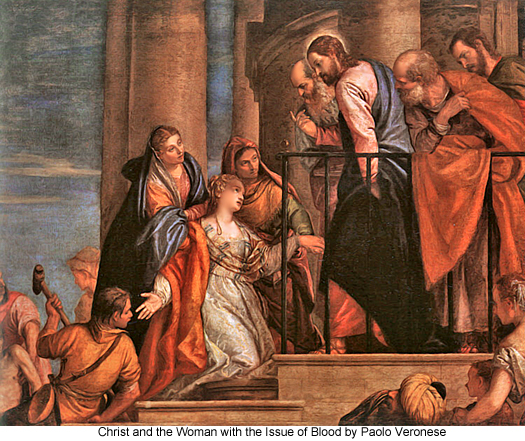
Spiritual Sunday – Father’s Day
African American poet Thylias Moss has this wonderful poem about how God improved after he had, and became, a son. Moss would agree with those theologians who see the God as a character who evolves in the course of the Bible.
Another way of putting this is that humankind’s understanding of God has evolved over time, with the Bible reflecting those changes. God may not have changed, but we have.
In any event, Moss has written a compelling poem, capturing us in all our vulnerable humanity and our transcendent longing. I particularly like the moment when, by entering Mary’s womb, God becomes more feminine. And how, by going through the evolutionary stages (ontogeny recapitulating phylogeny, as the biologists put it), he chooses to come out human, with all that this entails.
A Man
How handsome he was, that man who did not court
the girls fawning all over him as if he’s already saved them,
it’s my leg, one said, raising her hem as she’d raised it
in dreams
he knew of, for everything reached him as prayer, my leg, Sir,
is not perfect although as he looked, it glistened and the blood
became more productive. He did not date, nor rendezvous
in tunnels and tents,
did not kiss except to heal, did not harass, malign
nor mutilate;
threw no stones
and he was a man; never forget that he was a man,
that being a man improved him. Before the mothering. He was
a solo act
ramming omnipotence down the throats of Ramses, Job, all
the sinning nobodies
of Sodom. He was feared before he was born a triplet
of flesh completing
the one vaporous, the other heavy and strict; now he’s
desirable, vulnerable;
in the mother he visited stages of: fig, fish, pig, chicken,
chimp before settling irrevocably
on a form more able to strive. This was a more significant
time in darkness,
gestation of forty weeks, than three days in a hillside morgue;
he learned maternal heartbeat
and circulation of her blood so well they became dependency,
and so he learned that some radiance is not his, hers
came in large part just from being Mary—how content she was
even before pregnancy,
betrothed, blushing to ripen the fields; content even before she
knew of angels,
and now, with this mound of baby, she was parent of a world
whose prospering
she encouraged, activity of fish, magma, sulfur, the earth
striving
just as she did.
He was a man
yet the usher of miracles, preaching
on a mountain
where reverberation gave him the power of five thousand
tongues, yet not
a big man, not athletic, ordinary looking except for that glow
and doves circling
him in the desert, doves that had been vultures earning their
transfiguration
by consuming decaying meat just as he ate all the sin; for that
flattery, he bid them dip their
feathers in his eye, drawing into them that sweet milk around
the iris.
He was a man
when he began to understand love,
erasing the lines between
Gentile, Jew, and invited any who wanted to come to his father’s
house for bottomless milk,
honey, ripe fruit, baskets of warm bread and eggs, wine,
live angels singing. Weary revelers
could lay their heads on his breast, he said, needing intimacy; he
thinks
as a man, therefore
he is a man
and good times, memories can be
adequate heaven. He knows the distance a man
is from his father, how likely it increases till the deathbed;
he knows
what a man knows
the now and here, and can be called by name,
and can be wounded, and must struggle, and must be proud
every now and then or could not continue, must be worth
something,
must be precious to himself and preferably to at least one other,
must be,
in these thousands of post-Neanderthal years, improving,
must have
more potential, becoming not only more like God, but more like
what God needs to become, so moves also,
so God moves also
because a man moves.